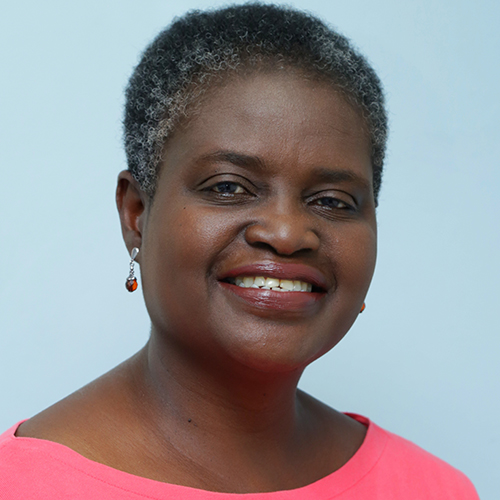The Bahamas spiny lobster on 7 August became the first Caribbean fishery to receive Marine Council Stewardship certification, placing it among an elite group of just 8 percent of developing countries' fisheries to be certified.
The MSC label is given to wild-caught seafood that has been certified as sustainable according to the MSC's scientific standards. The fishery’s certification was awarded by the accredited third-party assessment body Control Union Pesca Ltd., following a detailed 19-month assessment.
“With the certification, the lobster tails are now eligible to carry the internationally recognized MSC blue fish label, which makes it easy for consumers to know that they’re choosing seafood that is as good for the ocean as it is for them,” the MSC said.
Mia Isaac, the president of the Bahamas Marine Exporters Association, said the certification “is a proud accomplishment”
“We eagerly accept the MSC stamp of approval. It's been a collaborative effort and we are thankful to all the stakeholders, especially the fishermen,” Isaac said. “As we continually improve our spiny lobster fishery, we aim for product of The Bahamas to become synonymous with strength, collaboration and sustainability.”
Bahamas' Ministry of Agriculture and Marine Resources in a press release noted that several agencies of the government of the Bahamas collaborated on the effort, along with the Nature Conservancy, the World Wildlife Fund, the Bahamas Marine Exporters Association, and members of the commercial fishing community that included fishers and international seafood chains.
U.S. seafood supplier Mazzetta Company told SeafoodSource in an email the company will soon be offering the newly-certified lobster to its company’s customers.
“Mazzetta Company has been a long-time partner and supporter of the Bahamian lobster industry; so encouraging their efforts to achieve MSC certification was a natural role for us. In the long run, we see this as the right decision for the growth and viability of the industry and also essential to ensure that future generations have the same resources available to them that exist today,” he said. “We compliment those who have worked very hard in the Bahamas to get this done. We look forward to offering MSC-[certified] Bahamas lobster alongside MSC-[certified] Canadian, Maine, and Tristan lobster.”
The MSC said certifcation was the end result of a nine-year fisheries improvement project.
“Several of WWF-US’s corporate partners – Costco Wholesale, Hilton Worldwide, Hyatt Corporation, The Kroger Co., Supervalu Inc., and Tequesta Bay Foods, Inc. – provided support for the FIP and engaged its Bahamian suppliers, government officials, and other stakeholders to advance improvements on the water,” the MSC said.
“FIPs are a really good tool to get fisheries to MSC certification. It lays out a series of steps with definable goals and a timetable,” said Bill Mardon, seafood buyer for Costco.
However, Bahamas' Ministry of Agriculture and Marine Resources, while welcoming the increased market opportunities, said the fishery continues to contend with issues related to illegal, unreported, and unregulated fishing.
“The MSC's certification does not mean that the fishery is perfect,” the ministry said.
Photo courtesy of Marine Stewardship Council






